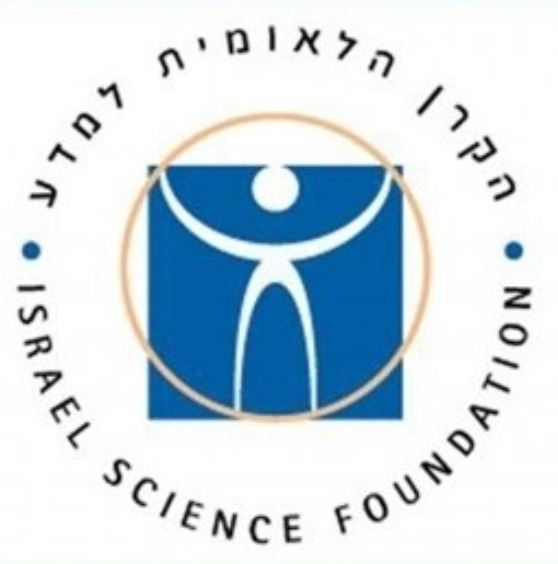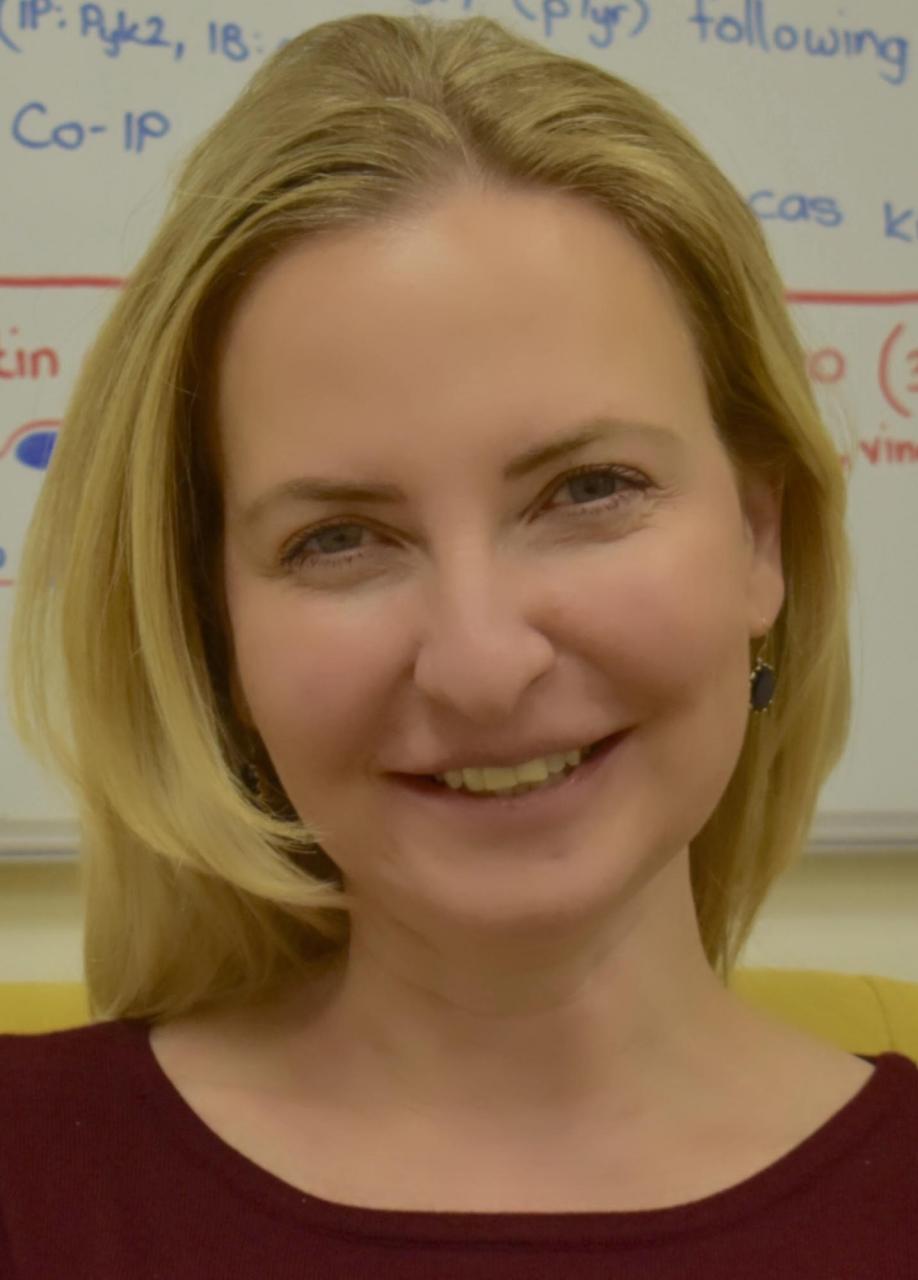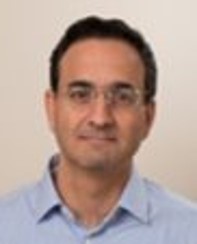ISF Grants Awarded to Four Faculty Researchers

Congratulations to the following Azrieli Faculty of Medicine researchers upon receipt of prestigious Israel Science Foundation grant awards. Short research summaries are below.
Dr. David Enshell-Seijffers: The Hdac1/2-p53-beta-catenin triad in the mesenchymal niche of the hair follicle in regulating stem cell and progenitor activity during homeostasis and stress
Dr. Hava Gil-Henn: An integrative approach for elucidating the role of Pyk2 in cancer metastasis
Prof. Omry Koren: The role of the gut microbiota in food allergies
Dr. Meir Shamay: Investigating the role of transposable elements in Kaposi’s Sarcoma Associated herpesvirus latency
Enshell-Seijffers research summary:
The hair follicle is a powerful model system to study the interactions between stem cells and their niche during cyclic homeostasis and to dissect how these interactions are rewired during stress. The capacity of the hair follicle to periodically undergo cycles of growth, regression, rest and regeneration not only necessitates the cyclic redeployment of these interactions during the hair cycle but also enforces dramatic morphological transformations. In the current proposal, we hypothesize that the mesenchymal niche of the hair follicle constitutes a rheostatic molecular network that orchestrates the hair cycle during both homeostasis and stress and integrate environmental signals with the follicular intrinsic biological clock. By using genetic tools to manipulate this network specifically in the niche, we will dissect the specific and combined roles of its components in regulating both the physiologic and the genotoxic stress-adjusted hair cycle.
Gil-Henn research summary:
Metastatic dissemination of cancer cells from the primary tumor and their spread to distant sites in the body is the leading cause of mortality in breast cancer patients. Although cytotoxic drugs and hormone-blocking therapeutics are most often used to shrink the primary tumor or to prevent disease recurrence, no treatment to permanently eradicate metastatic breast cancer exists at present. A better understanding of the metastatic process and its regulation has the potential not only to identify new prognostic markers, but also to develop targeted therapeutic strategies.
We have recently identified the non-receptor tyrosine kinase Pyk2 as a central regulator of metastatic dissemination. Using an integrative approach, we aim to determine the cellular, molecular, and signaling mechanisms by which Pyk2 regulates in vivo tumor cell invasiveness and consequent metastatic dissemination. The information gained from these studies will be used for testing a strategy for inhibiting Pyk2-mediated signaling and consequent breast cancer metastasis. Our longer-term vision is to translate our findings from this research into using Pyk2 kinase inhibitors, alone or in combination with existing therapeutics, to prevent metastatic dissemination of primary breast tumors that are predicted to be highly metastatic at the time of diagnosis, and of secondary tumors that have already spread to other parts of the body.
Koren research summary:
The project entails an unprecedented study of the microbiota composition in patients with persistent food allergy (FA) undergoing Oral Immunotherapy (OIT). We will advance the understanding on the interplay between the gut microbiota and IgE-mediated allergies in the context of untreated and treated patients. The identification of particular microbial taxa associated with allergic or desensitized states will provide insight regarding the dietary contribution to microbiota composition, FA development, and the immunological mechanisms involved in FA desensitization. The results from this research will uncover potential therapeutic targets and identify predictive markers for allergy and OIT treatment. Furthermore, as the microbiota is modifiable, the study may lead to the discovery of potential therapeutic interventions, such as particular dietary components, prebiotics, postbiotics, and probiotics.
Shamay research summary:
Kaposi’s sarcoma associated herpesvirus (KSHV, HHV-8) is associated with several human malignancies. Transposable elements (TEs), as their name suggest, have the ability to transpose (jump) within their host genome. We found high expression of LINE-1 (L1) transposable element and high L1 encoded Reverse Transcriptase (RT)-activity in KSHV-infected cells. Interestingly, we found that inhibition of this L1 RT-activity suppressed KSHV-positive primary effusion lymphoma (PEL) cell growth. Do L1 retro-transpositions takes place in Kaposi’s sarcoma (KS)? We propose to perform L1 specific transposition-sequencing to identify novel retro-transposition events that arise in KSHV-infected cells and in KS samples. We will test the contribution of L1 RT to microRNA and gene expression in KSHV-infected cells. To investigate further RT inhibitors as a potential treatment for PEL, we propose to perform experiments in a clinically relevant xenograft murine model. Successful completion of these studies will reveal the contribution of L1 to gene expression in KSHV infected cells, reveal the mechanism that leads to L1 up-regulation, and reveal its potential as a better treatment for KSHV-associated malignancies.
Last Updated Date : 04/08/2021



